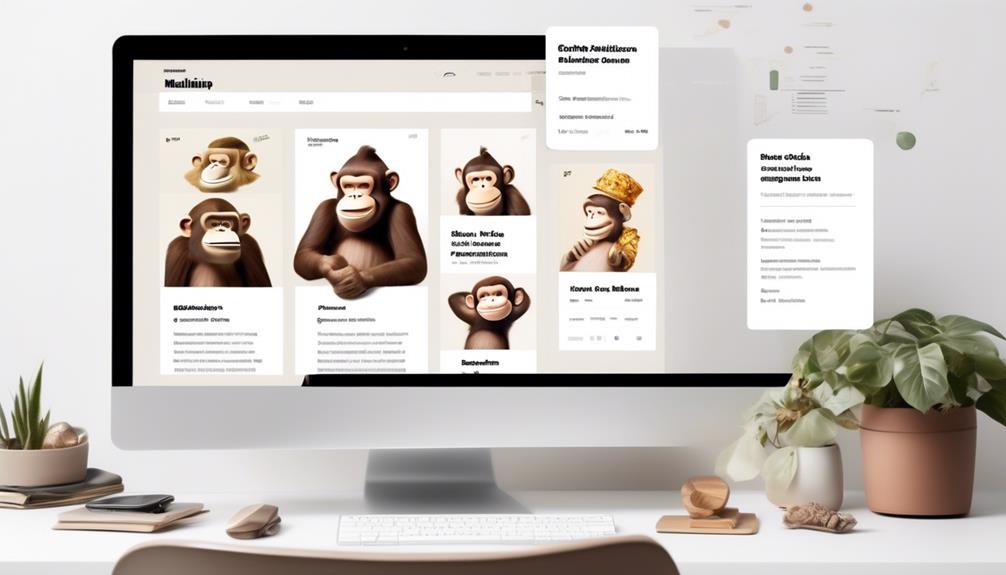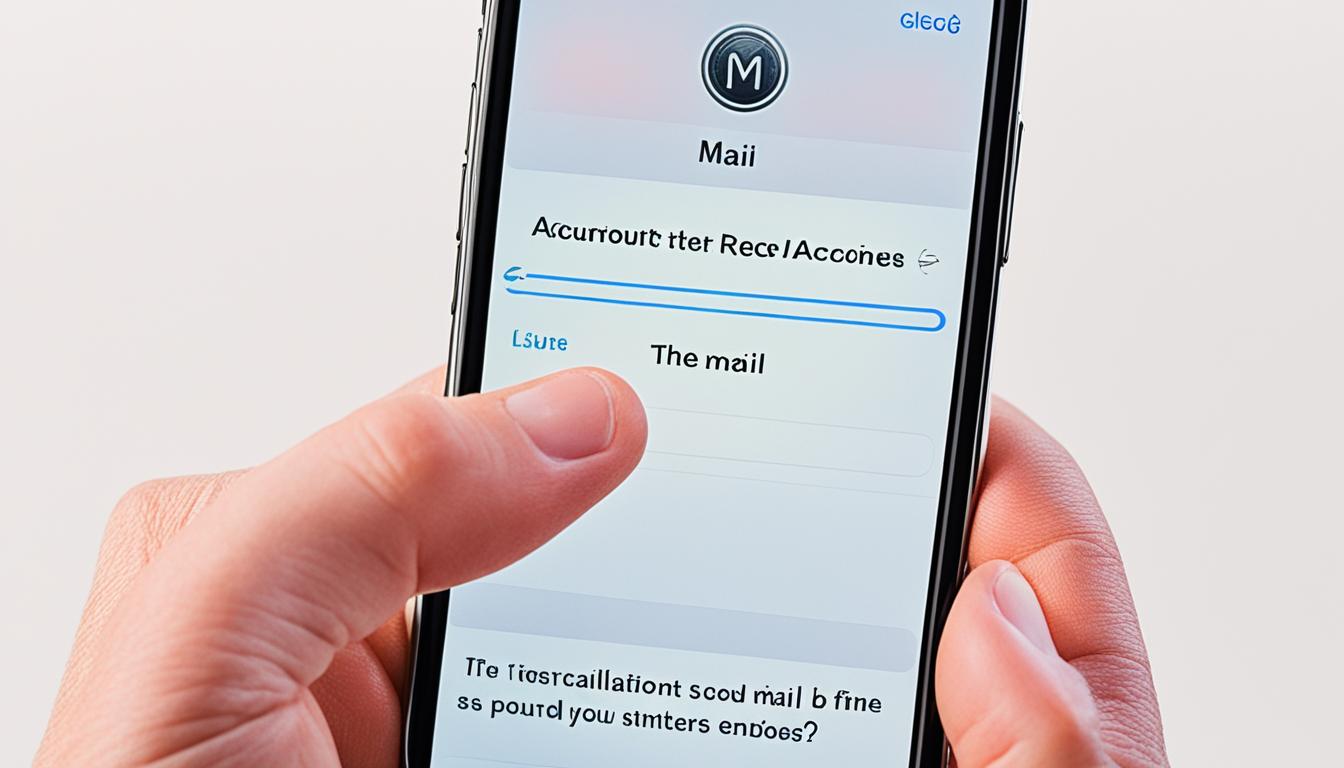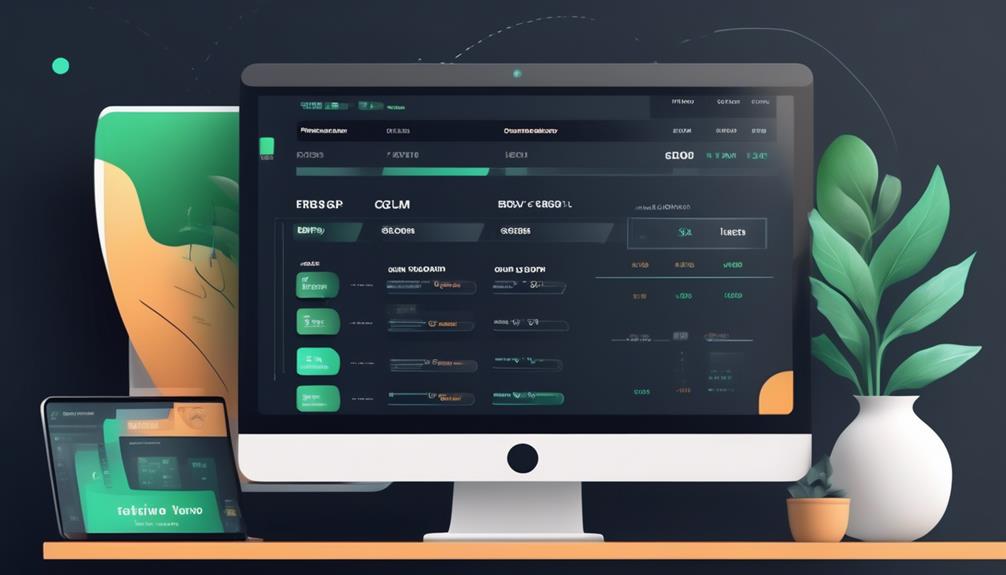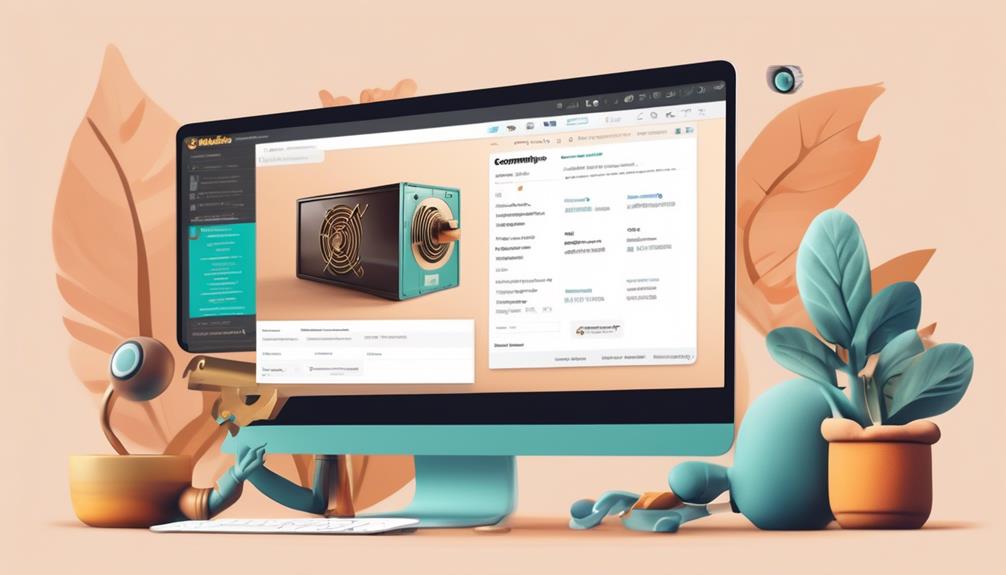Discussing the concept of ‘Clean’ within Mailchimp, we’re not merely discussing an organized inbox. It’s an essential element in keeping an email list in good shape and upholding the reputation of the sender. Recognizing the importance of a contact being labeled as ‘Cleaned’ can greatly influence the success of your email marketing campaigns.
But what exactly does it entail? And how does it affect your overall strategy? Let's dig into the details and explore the significance of 'Clean' in Mailchimp, shedding light on its implications for your email campaigns and list management practices.
Key Takeaways
- Maintaining a clean list is crucial for maximizing the effectiveness of email marketing efforts.
- Cleaned status negatively affects deliverability, potentially leading to emails being marked as spam or blocked.
- Strategies to prevent cleaned status include using a double opt-in process, providing valuable content, using recognizable sender information, and employing email authentication protocols.
- Regularly updating contact information, implementing a double opt-in process, segmenting contacts, monitoring engagement metrics, and removing inactive subscribers are important practices for maintaining a clean list.
Importance of a Clean List
Maintaining a clean list is essential for maximizing the effectiveness of email marketing efforts and ensuring optimal deliverability.
In Mailchimp, having a high number of cleaned email addresses can significantly impact email marketing. Cleaned status is assigned when an email address is removed from the sender's list due to hard bounces or repeated spam complaints. This status negatively affects deliverability, potentially leading to emails being marked as spam or blocked.
An unclean list can compromise the success of an Email Marketing Strategy. To prevent cleaned status in Mailchimp, several strategies can be implemented: using a double opt-in process, providing valuable content, using recognizable sender information, and employing email authentication protocols.
Maintaining a clean list is crucial for effective email marketing, as it can lead to increased deliverability rates, improved engagement metrics, and enhanced sender reputation.
Best practices for maintaining clean contacts in Mailchimp include regularly updating contact information, implementing a double opt-in process, segmenting contacts, monitoring engagement metrics, and removing inactive subscribers. These practices are vital for a successful email marketing campaign.
Types of Cleaned Contacts

When managing email lists in Mailchimp, it's important to understand the various types of cleaned contacts and their impact on deliverability and sender reputation.
- Hard Bounce Cleaned Contacts: Result from permanent delivery failures due to non-existent or invalid email addresses, unregistered domains, or server refusal.
- Soft Bounce Cleaned Contacts: Arise from temporary delivery issues like full inboxes or transient deliverability problems.
- Impact on Campaigns: Can lead to improved deliverability rates, reduced bounce rates, enhanced sender reputation, and higher conversion rates.
Identifying cleaned contacts is crucial for effective data management in Mailchimp. Look for email addresses marked as ‘cleaned' in Mailchimp's contact list or reports.
Understanding and managing cleaned contacts is essential for maintaining a healthy email list within your Mailchimp account. Regularly cleaning contacts helps in reducing bounce rates, maintaining a good sender reputation, and ensuring the effectiveness of your email marketing campaigns.
Handling Cleaned Contacts
To effectively manage 'Cleaned' contacts in Mailchimp, it's essential to understand the reasons behind their removal from the email list. 'Cleaned' contacts are typically those that have experienced hard bounces or repeated soft bounces.
Hard bounces occur when an email can't be delivered due to a permanent issue, such as an invalid or non-existent email address. On the other hand, soft bounces are caused by temporary problems like a full inbox.
Maintaining a low bounce rate is crucial to prevent emails from being marked as 'Cleaned' and to uphold sender reputation, which directly impacts email deliverability.
Regularly monitoring and identifying 'Cleaned' contacts is vital to prevent negative impacts on email marketing efforts. It's important to address the root causes of bounces, such as updating contact information and removing inactive subscribers.
Additionally, using tools like Insycle to cleanse and standardize Mailchimp data can reduce the likelihood of contacts being marked as 'Cleaned'.
Managing Mailchimp Charges
After addressing the root causes of email bounces and optimizing contact information, we can now shift our focus to efficiently managing Mailchimp charges.
- Understand your billing cycle and the frequency of charges to anticipate and plan for expenses.
- Regularly review your Mailchimp plan and evaluate if it aligns with your current needs and budget to avoid unnecessary charges.
- Monitor your subscription usage and adjust your audience size to optimize costs and prevent overage charges.
- Utilize Mailchimp's reporting and analytics tools to track the performance of your email campaigns and make informed decisions to optimize resources and minimize unnecessary costs.
As we delve into managing Mailchimp charges, it's essential to be mindful of our budget and resources. By comprehending the billing cycle and reviewing our plan regularly, we can avoid unnecessary expenses and optimize costs.
Monitoring our subscription usage and leveraging Mailchimp's reporting tools allows us to make informed decisions, ensuring that we're utilizing resources efficiently.
Additionally, exploring cost-saving features and discounts provided by Mailchimp, such as the non-profit discount, can effectively help in managing and reducing charges.
Preventing Cleaned Status
In order to maintain email deliverability and prevent contacts from being marked as 'Cleaned' in Mailchimp, it is crucial to regularly monitor bounce rates and implement a double opt-in process for email verification. By doing so, we can ensure that our contact list remains healthy and engaged. Below, you can find a table outlining key strategies to prevent contacts from being marked as 'Cleaned' in Mailchimp.
| Strategy | Description |
|---|---|
| Monitor Bounce Rates | Regularly check bounce rates and promptly remove hard bouncing and consistently soft bouncing emails |
| Implement Double Opt-In Process | Verify the validity of email addresses and reduce the likelihood of bounced emails |
| Utilize Email Authentication Protocols | Use SPF, DKIM, and DMARC to establish sender legitimacy and prevent contacts from being marked |
| Maintain Good List Hygiene | Remove invalid email addresses and keep the list clean to prevent contacts from being marked |
| Provide Valuable and Personalized Content | Reduce recipient complaints and keep contacts engaged to prevent them from being marked |
Frequently Asked Questions
What Does It Mean in Mailchimp When an Email Is Cleaned?
When an email is marked as 'cleaned' in Mailchimp, it means there were delivery issues, like hard bounces or repeated soft bounces, leading to the email being removed from the list. Mailchimp flags emails as 'cleaned' to uphold best practices, prevent deliverability problems, and maintain a positive sender reputation.
Keeping the bounce rate under 2% is crucial to avoid negative impacts on email delivery and sender reputation.
What Is the Difference Between Cleaned and Unsubscribed in Mailchimp?
In Mailchimp, the difference between 'cleaned' and 'unsubscribed' contacts is significant.
'Cleaned' contacts are marked as invalid due to hard or repeated soft bounces.
On the other hand, 'unsubscribed' contacts have opted out of receiving emails.
Understanding this difference is crucial for maintaining a healthy email list and sender reputation.
It's essential to regularly clean out invalid contacts to ensure high deliverability rates and engagement.
How Do I Clean up My Mailchimp Emails?
We clean up our Mailchimp emails by regularly reviewing and removing inactive addresses, reducing the risk of hard and soft bounces. This proactive maintenance ensures optimal deliverability and protects our sender reputation.
It's crucial to stay mindful of bounce rates and continuously optimize our email lists for engagement. By keeping our email list clean, we enhance the effectiveness of our email marketing efforts.
Can I Resubscribe a Cleaned Email in Mailchimp?
No, we can't resubscribe a cleaned email in Mailchimp. Once an email address is marked as cleaned, it's considered dead and can't receive further emails. This status is applied due to hard bounces, repeated soft bounces, or spam complaints.
To maintain good email deliverability and sender reputation, it's crucial to monitor and reduce the number of cleaned email addresses. Implement best practices to prevent emails from getting cleaned.
Conclusion
So, in conclusion, having a 'clean' list in Mailchimp is definitely not a bad thing. It actually helps maintain a good sender reputation and ensures better deliverability.
It's ironic that being marked as 'cleaned' is actually a positive thing in the world of email marketing.
So, keep those lists tidy and watch those bounce rates to stay in the good graces of the email gods.










